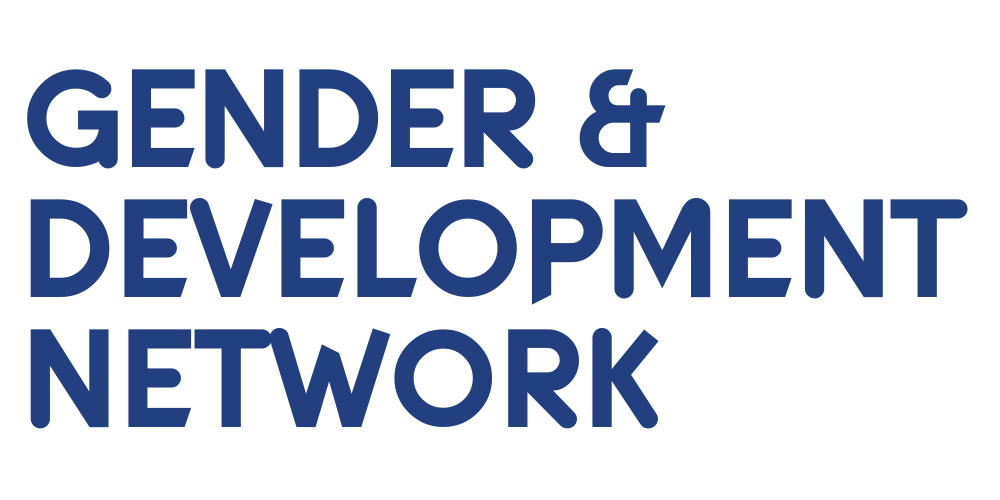A gender mainstreaming approach to international development ensures that women’s specific needs, interests and views are taken into account. Actively contributing to overcoming the gender injustice that fuels poverty and undermines sustainable development.
Read MoreGADN provides the Government with technical advice on how to best achieve gender equality. While challenging the Government to broaden its commitment to achieving gender equality and change its approach where needed.
Read MoreIntersectionality refers to the way in which multiple forms of discrimination – based on gender, race, sexuality, disability and class, etc. – overlap and interact with one another to shape how different people and groups experience discrimination.
Read MoreBeing able to generate a regular and independent source of income has a big impact on a woman’s ability to make decisions and have control over her life. Yet too often, women are denied the opportunity to earn a decent living.
Read MoreFollowing revelations in 2018 of sexual abuse by INGO staff, there has been an increased focus in the development sector on ‘safeguarding’ as a way to prevent incidents of sexual harassment and abuse.
Read MoreAcross the world, violence against women and girls is one of the most pervasive violations of human rights, with a third of all women experiencing this kind of violence during their lifetime.
Read MoreFrom the local to the global level, women’s leadership and political participation are restricted. The barriers to women’s equal participation must be removed.
Read MoreDuring conflict or humanitarian emergencies, human rights abuses are more likely – and women and girls are most at risk. The humanitarian system is male-dominated and power is concentrated in institutions and agencies in the global north.
Read MoreGirls and young women are less likely to finish school than boys and young men. Without education, girls are less likely to have control over their own income and more likely to face early and forced marriage and intimate partner violence.
Read MoreIn the global south, women constitute three quarters of people with disabilities. Discrimination, rooted in unequal power relations, result in women and girls with disabilities being among the most left behind in society.
Read MoreAchieving gender equality would be good for the environment. Women tend to have smaller ecological footprints than men and engage in more sustainable behaviours. Yet there is limited recognition of what women can contribute to environmental protection.
Read MoreInternational institutions such as the UN, the International Monetary Fund and the World Bank have an impact on the lives of women and girls in the global south. GADN works to ensure their policies and programmes have a positive impact.
Read More
